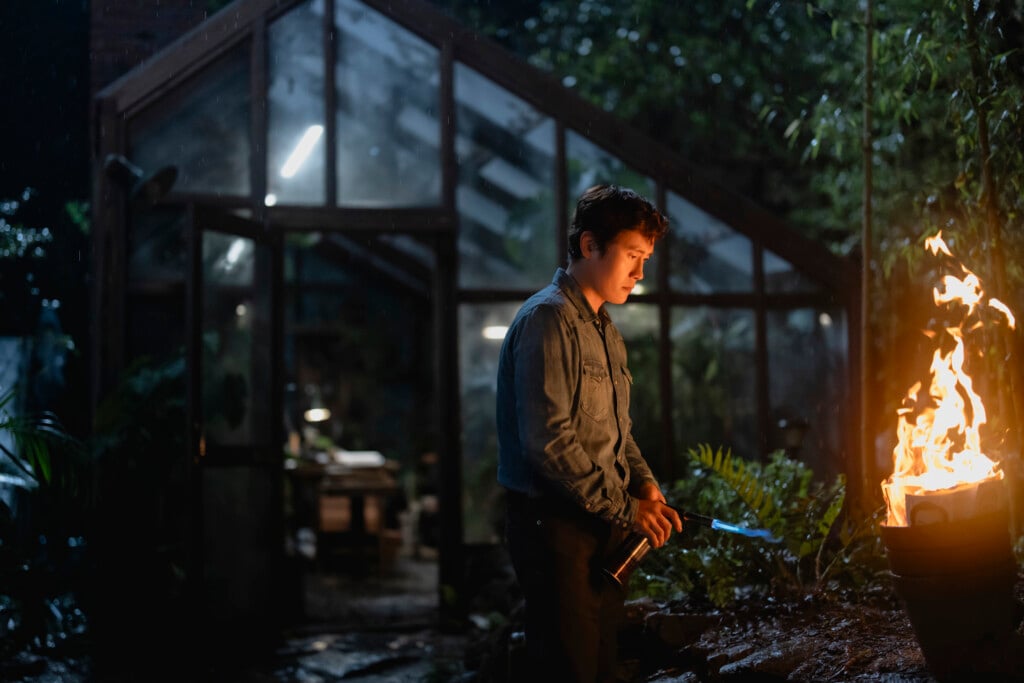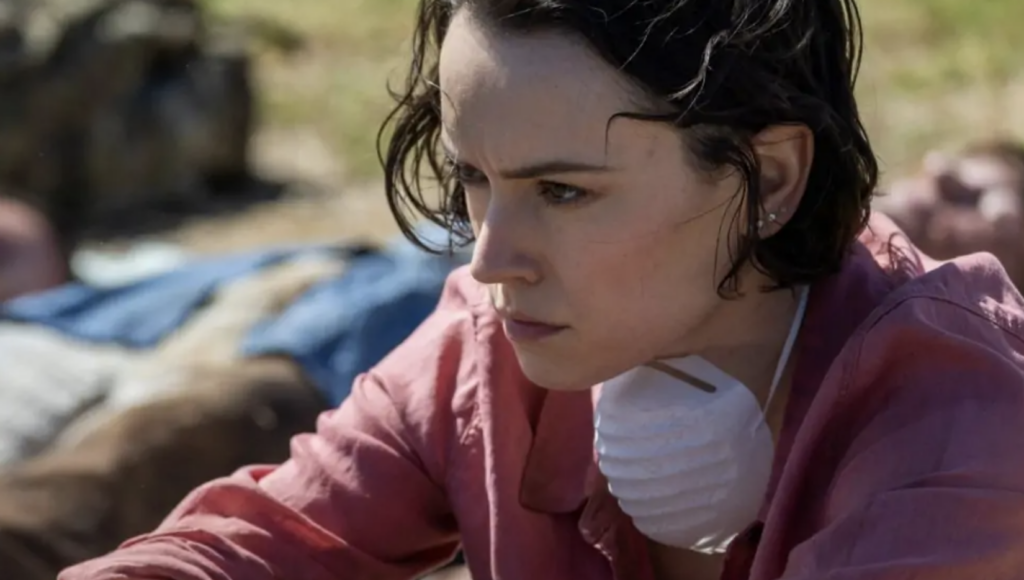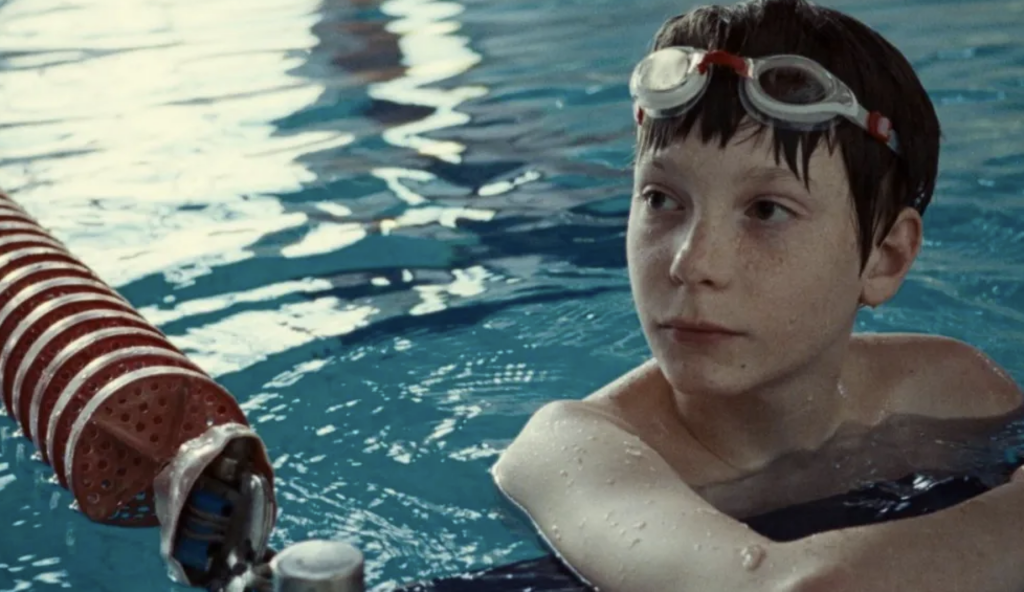The Exorcist: Believer wants you to go to church (but maybe not to mass)
David Gordon Green’s legacyquel makes an argument for the priesthood of all believers.
Calling the Exorcist movies religious is like calling the ocean wet; it’s both extremely obvious and an inadequate description. The series focuses on demonic possession and the removal of demons by the Catholic church, but its strongest entries (the original and the fascinating Exorcist 3, both written by Catholic author William Peter Blatty, who also directed Exorcist 3) are wise in their handling of religion, suffering and the elements of the human experience that surpass understanding.
For all the demonic voices, pea soup and crab-walking, there’s just as much time spent discussing the ins and outs of belief.
While a skilled filmmaker in his own right, David Gordon Green—one-time writer-director of indie dramas and now remaker of horror properties for Blumhouse—isn’t as smart as Blatty or William Friedkin. However, his The Exorcist: Believer, a legacyquel to 1975’s The Exorcist, understands its religious roots better than any of the non-Blatty entries to date.
Green and co-writers Peter Sattler, Scott Teems and Danny McBride explore interesting ideas, including the ways mainstream culture’s relationship to catholicism has changed in the decades since Father Damien Karras expelled a demon from Regan MacNeil. Those ideas come at the expense of plot and character depth, but they make for an engaging experience all the same.
Victor Fielding (Leslie Odom Jr.) lost his faith after injuries in an earthquake caused his pregnant wife to die giving birth to their daughter Angela (Lydia Jewett). Victor and the now 13-year-old Angela live a tight, mostly isolated existence in their Georgia neighborhood until the day Angela and her classmate Katherine (Olivia O’Neill) go missing in the woods near their school. When the girls return again after three days, they quickly exhibit frightening, inexplicable symptoms.
Victor’s neighbor Ann (Ann Dowd), a former nun, turns him on to Chris MacNeil (Ellen Burstyn), who since her daughter’s possession has written a book about her experience and become something of a public figure on the topic of exorcism. Victor and Katherine’s parents (Jennifer Nettles and Norbert Leo Butz) bring Chris in to help them decide what to do.
Do they pursue exorcism? I mean, it’s called The Exorcist: Believer, you figure it out.
While previous Exorcist movies were fixated on the Catholic church as an institution, Green and his collaborators are more interested in the power of religious community. It’s implied that Victor and Angela’s social detachment, and Angela’s desire for some kind of connection—to her dead mother, to friends—is what made Angela vulnerable to possession, and brought Katherine along with her. Saving the girls becomes a community effort that involves their parents, Victor’s neighbors and the religious communities they’re part of. Notably, the Catholic church, while present, is more hindrance than help. This leads to a somewhat shocking final-act turn that removes spiritual authority from the hands of ordained priests and puts it squarely back in the court of everyday believers.
All that extra emphasis on spiritual community verges on turning Exorcist: Believer into reverse-Pureflix propaganda for progressive Christianity in that it focuses on those concepts to the exclusion of deepening its characters beyond vaguely interesting surface-level descriptions. Dowd gives a couple of speeches that vibe like ads for going to church, one of which ends with a Left Behind-esque shot of our heroes gathering in a sanctuary and committing to their mission.
However, Green and co. take an inclusive, diverse view of belief that unlike, say, God’s Not Dead, gets the reality and appeal of Christian faith mostly right, and focuses on the contributions of women and the Black faith traditions rather than conservative white guys complaining that you can’t talk about Jesus on college campuses.
All this makes The Exorcist: Believer kind of a mixed bag.
It contains the gnarly scares you expect, but also three times as much church as mainstream horror fans probably want. Green doesn’t quite have the verve or creative ability to pull off the subtlety that made the original Exorcist an enduring classic. However, the ideas he’s exploring here are admirable, confronting the concepts powering the 1975 film, and updating them in a way that speaks to a more modern, empowering view of faith. That’s worth appreciating, even if the storytelling suffers as a result.







